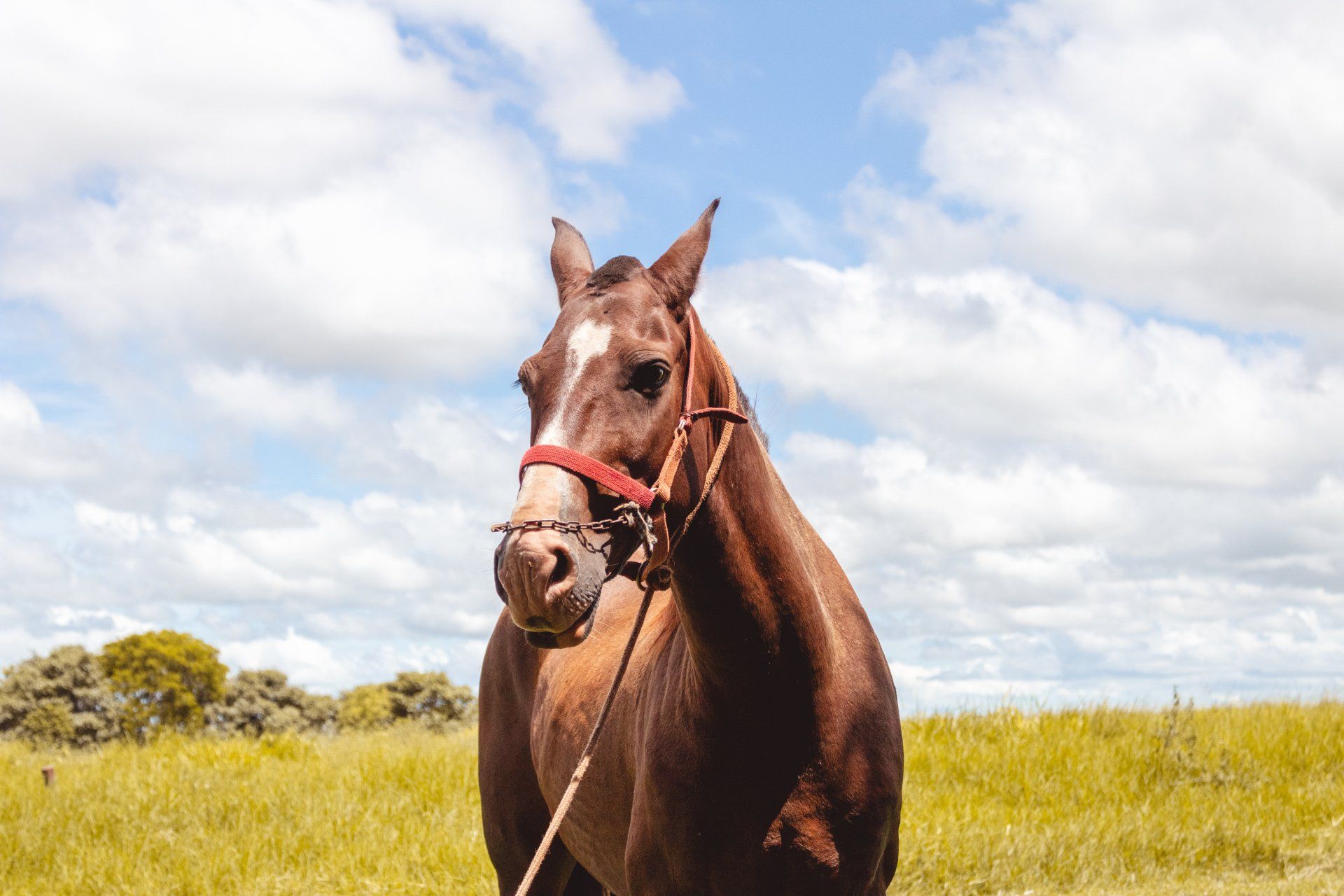Anal Gland Disorders in Dogs
Anal Gland Disorders in Dogs
Anal glands, also known as anal sacs, are present in dogs, cats, opossum, and skunk. These two glands located on each side of the rectum. They secrete an oily substance that is used to mark territory and identify other dogs. The anal glands can voluntarily empty, especially under times of stress. This creates a very unpleasant odor. Anal glands normally empty when the dog defecates, but can become full and not express if the pet has softer stool. When the anal gland becomes full, it begins to push on the rectum causing discomfort. This is evident by the dog dragging its back end on the ground ("scooting"); licking or biting at the anus, sitting uncomfortably, having difficulty sitting or standing, or quickly turning around like something is biting them. These signs indicate it is time to have the anal glands expressed by a veterinarian.
Infections, obstruction, overfilling (called impaction), and rupture are the most common clinical presentations. It is important to have the anal glands expressed when clinical signs are shown to prevent an impaction and rupture. Anal gland infections result in pain, swelling, and sometimes abscesses and fever. Treatment is by expression of the gland, lancing of an abscess, and oral antibiotics and antibiotic infusion into the gland.
There is no age or sex predisposition to anal sac pathology. Anal sac disease is uncommon in large breed dogs, while infections and impactions are often experienced by small breeds. Dogs that are overweight are at in increased risk of being affected by anal sac difficulties. There are several breeds that are more likely to have anal gland disease, including: Beagles, Basset Hounds, and Cocker Spaniels. Keeping your pet at an optimal weight should help reduce an anal sac problem. Some pets are also helped by adding some fiber to the diet to help bulk up the stools. Fiber sources include canned pumpkin, green beans, and OTC fiber supplements.
If you have any questions about anal gland disorders, please give us a call and we can discuss these concerns. We can be reached at (330)682-2971 or via email: info@orrvillevetclinic.com.












